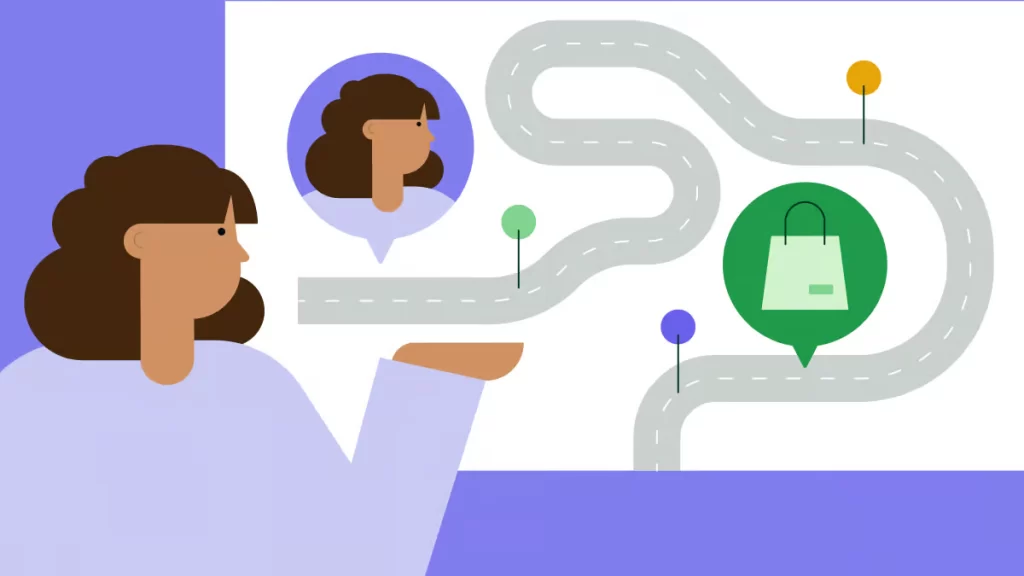A Guide to Training on Mock Calls
In the realm of customer service, effective training is the linchpin that transforms knowledge into exceptional service. One particularly impactful training method is the use of mock calls. These simulated interactions provide invaluable hands-on experience, preparing customer service representatives to navigate real-world scenarios with confidence and finesse. In this blog post, we’ll delve into the art of training on mock calls, exploring the benefits and providing a step-by-step guide to ensure your team is well-prepared for any customer interaction.
Benefits of Mock Call Training:
Before we dive into the training process, let’s explore the myriad benefits that mock call training brings to the table:
- Skill Development: Representatives hone their communication, problem-solving, and interpersonal skills in a controlled environment.
- Confidence Building: Simulated scenarios build confidence, ensuring representatives feel empowered to handle various customer interactions.
- Realistic Preparation: Representatives become familiar with the pace, tone, and challenges of actual customer calls, preparing them for the unpredictable nature of the job.
Step-by-Step Guide to Training on Mock Calls:
1. Define Training Objectives:
Clearly outline the objectives of the mock call training. Identify specific skills or scenarios you want representatives to focus on, such as handling irate customers, providing technical support, or managing billing inquiries.
2. Craft Diverse Scenarios:
Develop a range of diverse scenarios that mimic real customer interactions. This could include common queries, challenging situations, or even scenarios specific to your industry. The goal is to expose representatives to a variety of situations they may encounter.
3. Provide Background Information:
Before the mock calls commence, ensure that representatives have sufficient background information on each scenario. This includes details about the customer, the nature of their inquiry, and any relevant history or context.
4. Role Assignment:
Designate roles for the training session. You may have one representative play the customer while another plays the service agent. Rotate roles to ensure everyone has an opportunity to experience both sides of the interaction.
5. Conduct Feedback Sessions:
Following each mock call, conduct thorough feedback sessions. Encourage open discussion about what went well and areas for improvement. Offer constructive feedback and insights, and allow representatives to share their perspectives on the experience.
6. Focus on Active Listening:
Emphasize the importance of active listening during mock calls. Remind representatives to fully understand the customer’s concerns before formulating a response. This skill is crucial for providing accurate and effective solutions.
7. Implement Technology Tools:
Incorporate relevant technology tools and software during mock call training. This could include customer relationship management (CRM) systems, chat software, or any other tools your representatives will use in their daily roles. Ensure they are comfortable navigating these systems.
8. Repeat and Reinforce:
Repetition is key to mastery. Schedule regular mock call training sessions to reinforce skills and adapt to evolving challenges. As representatives become more familiar with the process, gradually introduce more complex scenarios.
9. Encourage Self-Reflection:
Encourage representatives to reflect on their performance after each session. This self-reflection fosters continuous improvement and a proactive mindset toward refining their skills.
10. Incorporate Real-Time Challenges:
To add an extra layer of realism, introduce unexpected challenges or changes during the mock calls. This could simulate the dynamic nature of customer interactions and prepare representatives for on-the-fly adjustments.
Conclusion:
Training on mock calls is an invaluable investment in the expertise and readiness of your customer service team. By following this comprehensive guide, you’ll equip your representatives with the skills and confidence needed to excel in real-world customer interactions. As they navigate the complexities of the job, your team will be well-prepared to provide the exceptional service that sets your business apart in the competitive landscape of customer satisfaction.






Responses